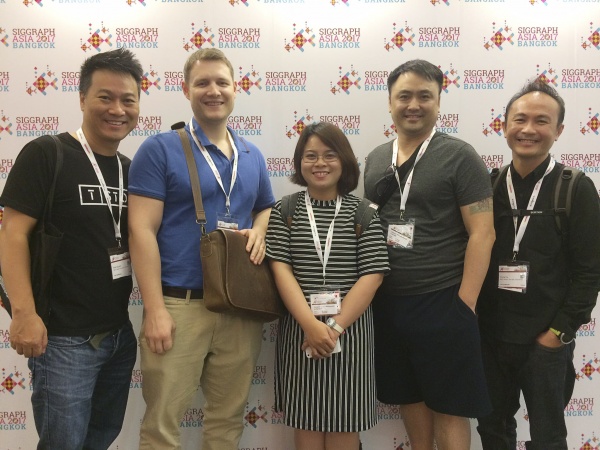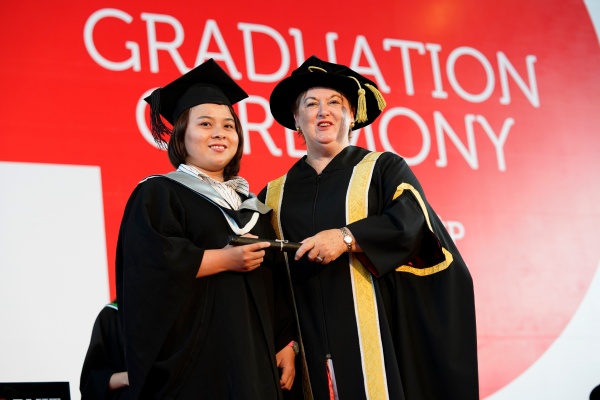Influencer marketing: A matter of liability and ethics
The use of celebrities and influencers in social media marketing is increasing. However, this has come with cases of false advertising where consumers bear negative consequences.
Impact of US tariffs on Vietnam’s textile, clothing and footwear sector
The adjustments in the US tariffs are poised to reshape Vietnam’s textile, clothing and footwear industry, prompting businesses to reassess their strategies and operations.
Vietnam tourism’s soft power: Cinema and music should be the new focus
Leveraging its growing tourism appeal, Vietnam can further boost its global influence through cinema and music.
Growing through competitions: RMIT graduates share their journey
Stepping outside the classroom can be intimidating, but competitions offer more than just trophies. They sharpen skills, build awareness, and open doors to real-world opportunities.






